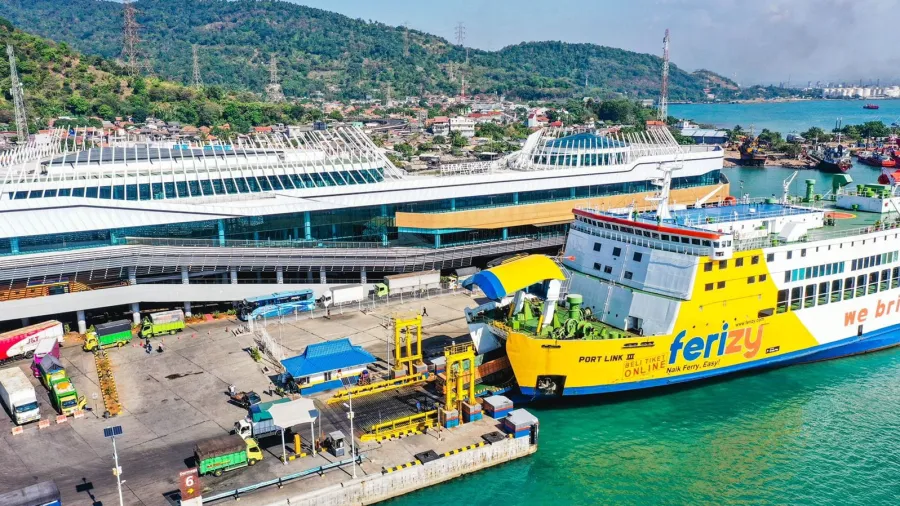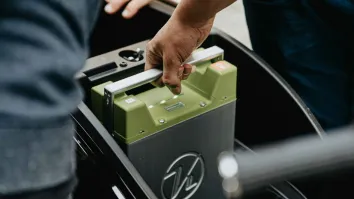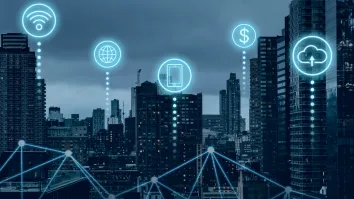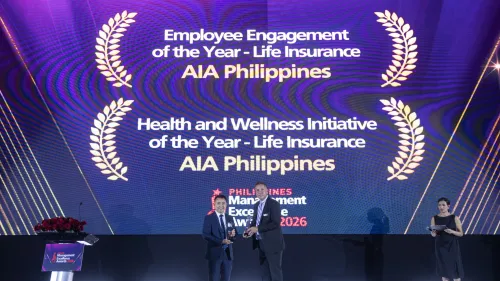
ASDP goes ‘green’ as Indonesia targets low-carbon shipping
Efficient, ecological, and resilient sea connectivity is the only way forward.
PT ASDP Indonesia Ferry (Persero) is accelerating its transition to cleaner operations in line with the enforcement of stricter global standards on ship emissions this year.
The state-owned company, which operates the biggest ferry transport network in Indonesia, has been using B35 biofuel across its fleet, solar panel installations at key ports, digital engine monitoring on 99 vessels, and shore-side electricity systems to cut emissions whilst docked.
“As an archipelagic nation, we can no longer rely on a continental approach to national distribution,” Rio Lasse, director of operations and transformation at ASDP, told a maritime forum in Jakarta in July. “Efficient, green, and resilient sea connectivity is the only way forward.”
ASDP operates 217 ships across 309 routes, covering 27 branches and 37 ports nationwide. About 67% of its routes serve frontier, outermost, and disadvantaged areas—locations often inaccessible to commercial operators—delivering essential goods such as fuel, food, and medicine.
Clean energy measures include solar panels at Merak’s executive terminal and on KMP Asa-Asa in Lake Toba, whilst the Siemon system now tracks and optimises operations on almost 100 ships.
Ports are adding electric vehicle charging stations, and operational vehicles are being switched to electric. Fourteen ports are equipped with autonomous electricity platforms, letting ships shut down main engines when berthed.
“This transformation is not just about complying with International Maritime Organization (IMO) regulations or external pressure,” Rio said. “It’s about long-term efficiency and the sustainability of our own logistics system.”
Dimas Ruliandi, vice president of project management and acceleration at Pertamina NRE, said maritime decarbonisation is a key part of Indonesia’s “blue energy transition.”
He said the state-owned company, which develops and operates clean and low-carbon energy projects. is pursuing a dual growth strategy—balancing traditional energy operations with low-carbon initiatives.
Pertamina NRE plans to scale biofuel production to 630,000 kilolitres yearly, expand solar, wind, and geothermal capacity to more than 2.7 gigawatts, develop green hydrogen, and deploy carbon capture, use, and storage solutions that can cut 19 million tonnes of CO₂ annually.
The IMO has warned that without intervention, global shipping emissions could rise by as much as 130% from 2008 levels. The sector accounts for about 3% of global carbon output.
The third phase of the IMO’s Energy Efficiency Design Index (EEDI) mandates at least a 30% emission cut for new vessels from 2025. ASDP’s response includes optimised ship design, route efficiency, artificial intelligence (AI)-based tracking, and predictive maintenance.
Modernisation is also being rolled out at ports in priority tourism zones such as Lake Toba and Nias. ASDP operates the Ajibata and Ambarita ports in Lake Toba and runs routes connecting Samosir Island to the mainland. In Nias, its ferries link four regencies and one municipality with almost a million residents.
A planned water taxi service from I Gusti Ngurah Rai Airport to Kuta and Canggu will shorten the journey from 90 minutes by road to about 20 minutes by sea.
Challenges remain, including an ageing fleet—most vessels are over 20 years old—limited port electrification, slow adoption of shore power, and the economic appeal of heavily subsidised fossil fuels.
“If we don’t transform today, we’ll lose relevance tomorrow,” Rio said. “And this transformation cannot rely solely on the government or operators—everyone in the ecosystem must act.”
ASDP aims to be a leader in Indonesia’s national blue economy roadmap, which targets maritime ecosystem consolidation by 2024, growth development by 2029, diversification by 2034, and global sustainability leadership by 2045.
“This transition is not just about ships, ports, or fuels,” Rio said. “It’s about how we define the maritime future of Indonesia. We believe maritime logistics is key to inclusive growth—and it must be green.”

















 Advertise
Advertise









